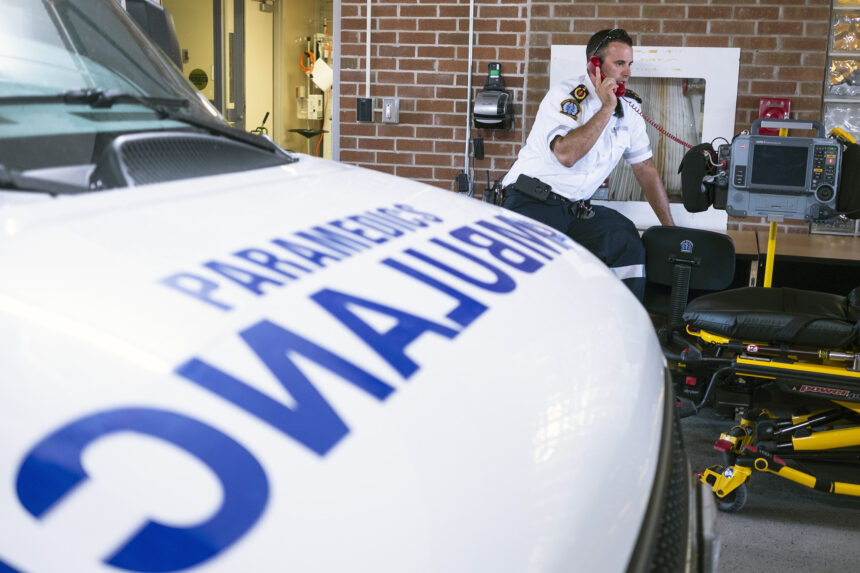The innovative paramedic-led healthcare initiative that has been quietly transforming Guelph’s community care landscape will now become a permanent fixture after demonstrating remarkable success during its trial period. What began as an experimental approach to addressing healthcare gaps has evolved into an essential service that’s reshaping how medical care reaches vulnerable populations across the region.
“This program represents a fundamental shift in how we deliver healthcare,” said Leanne Swantko, Deputy Chief of Guelph-Wellington Paramedic Services. “We’re no longer just responding to emergencies—we’re actively preventing them through proactive community care.”
The community paramedicine program, which initially launched as a pilot project, allows specially trained paramedics to provide preventative care, conduct wellness checks, and deliver medical services directly to patients’ homes. This approach has proven particularly valuable for seniors, individuals with mobility challenges, and those with chronic health conditions who struggle to access traditional healthcare settings.
Data from the pilot phase revealed significant reductions in emergency room visits and hospital readmissions among program participants. According to the Guelph-Wellington Paramedic Services annual report, patients enrolled in the program experienced 37% fewer emergency calls and 42% fewer hospital admissions compared to similar demographic groups without access to community paramedicine.
The permanent implementation comes with expanded funding that will enable the service to reach more residents and incorporate additional specialized care components. The province has committed $3.2 million annually to sustain and grow the program, recognizing its effectiveness as both a healthcare solution and a cost-saving measure for the broader medical system.
“When we began this journey, we knew we were onto something important, but the results have exceeded even our most optimistic projections,” noted Dr. Elizabeth Farrow, Medical Director for the program. “The data clearly shows this approach not only improves patient outcomes but also significantly reduces pressure on our emergency departments and acute care facilities.”
The program’s success has caught the attention of health policy experts across Canada, with several municipalities now studying the Guelph model for potential implementation in their own communities. The approach represents a promising solution to healthcare access challenges that have intensified across the country in recent years.
For patients like 83-year-old Guelph resident Margaret Henderson, the program has been life-changing. “Before the paramedics started visiting me, I was calling an ambulance at least once a month when my COPD flared up,” she explained. “Now, they catch the early warning signs during their regular visits, adjust my medications, and I haven’t needed emergency transport in over eight months.”
The permanent program will continue to focus on preventative care and chronic disease management while expanding to incorporate mental health support, substance use resources, and enhanced coordination with primary care providers and social services.
As our healthcare system continues to face unprecedented pressures, could this community-based approach represent the future of sustainable medical care delivery across Canada? The success in Guelph certainly suggests we should be paying close attention.


















